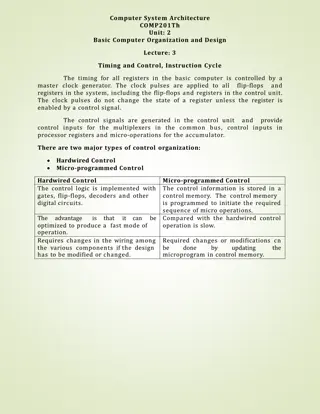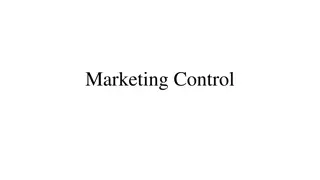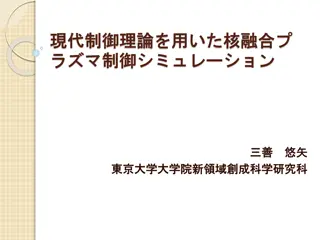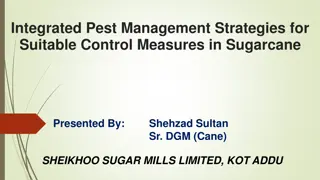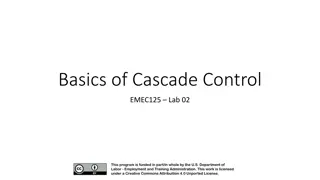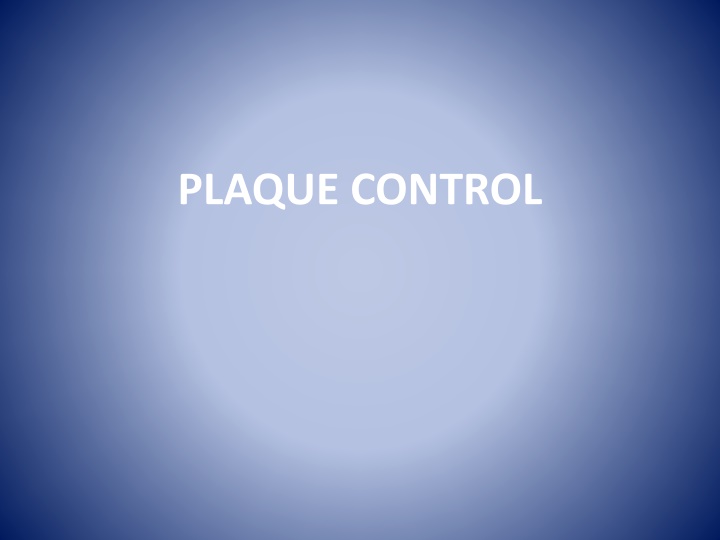
Effective Plaque Control Methods and Toothbrush Recommendations
Learn about plaque control, toothbrush design, and proper maintenance to prevent dental plaque buildup. Explore the importance of bristle material, stiffness, and replacement timelines for optimal oral hygiene. Discover essential tips for maintaining a healthy smile through effective plaque control methods.
Download Presentation

Please find below an Image/Link to download the presentation.
The content on the website is provided AS IS for your information and personal use only. It may not be sold, licensed, or shared on other websites without obtaining consent from the author. If you encounter any issues during the download, it is possible that the publisher has removed the file from their server.
You are allowed to download the files provided on this website for personal or commercial use, subject to the condition that they are used lawfully. All files are the property of their respective owners.
The content on the website is provided AS IS for your information and personal use only. It may not be sold, licensed, or shared on other websites without obtaining consent from the author.
E N D
Presentation Transcript
DEFINITION Prevention of accumulation of dental plaque and other deposits on the teeth and adjacent gingival tissues.
METHODS OF PLAQUE CONTROL Mechanical- Tooth brushes Interdental aids Aids for gingival stimulator Others tongue scraper Chemical -
Handle Dimension Adult- 6 inches Junior- 1/6 smaller than adult size Child- 1/3 smaller than adult size
Shank Parts that connects the head and handle. May be straight, curved or angled.
Head Length Width - Rows - Tufts - Bristle length- 10- 12 mm 1- 1.25 inches 5/16- 3/8 inches 2-4 rows of bristles 5-12/rows
Hardness of bristle- D2/L2 Soft- 0.2 mm / 0.007 inches Medium- 0.3 mm / 0.012 inches Hard - 0.4 mm / 0.014 inches
Bristle Material Natural - from Hogs/ wild Boar Synthetic - Nylon
Recommendations Soft nylon bristles needs to be replaced every 3 months. if patients perceive a benefit tooth brush design, they should use it. from a particular
1. Portion of the brush that assists in removal of plaque? a. tip of the brush b. tip of bristle c. sides of bristle d. Whole brush
2. The stiffness of the bristles of a nylon toothbrush is dependent on the a. Diameter and length of filament b. Amount of polish of filament c. Color of filament d. Consistency of shape of the filament
3. Natural bristles used in toothbrushes are extracted from a. Hogs b. Dogs c. Hares d. Horses
4. The angle that should be established between long axis of tooth and toothbrush bristles in bass method a. 55 b. 75 c. 45 d. 65








